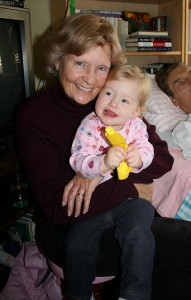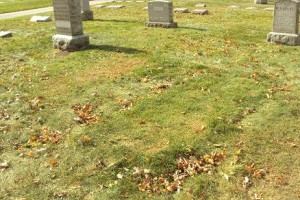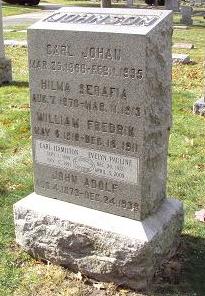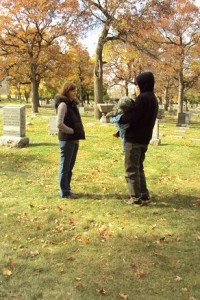A picture is, indeed, worth a thousand words. I’ve been drawn back to the photographs from the days when Nate was sick, and the one I’ve posted here has disturbed me greatly. I’ve been tempted to delete it. But after a loved one has died and additional pictures are impossible, deleting in not easy.
Today I studied this frame for a long time, trying to define what disturbs me so. What would a stranger say about it? Would it be equally upsetting to someone who didn’t know us?
Two of the thousand words it would speak to anybody are, “Deathly ill.”
It also shows that this crisis is unfolding in a home where others are healthy, which might be what is so unsettling. Placing healthy so close to terminally ill might be the classic definition of life-is-unfair.
All of us come into life with a definition of fair and unfair, and we bristle at the picture of one person being singled out of many to suffer intensely. There were 13 of us living together at the time this photo was taken, and I don’t recall who had the camera. I only saw the picture for the first time many weeks after Nate had died. But I do remember that as the photo was being taken, I felt warmth and joy in holding onto a vibrant one year old, especially so because a life-and-death war was raging right behind me. So several more of the thousand words this picture could speak would be, “Death is taking, but life is still giving.”
Nate’s face is turned slightly toward Skylar and me. Although none of us saw him move voluntarily during these last days, and although he was sleeping deeply, no matter how we moved him, bathed him or adjusted his pillow, when we looked again, he was turned toward my “station” at the head of his bed.
So I choose to hear the picture say, “Nate is aware of you nearby and comforted by that.” I also hear, “The wait is almost over,” which applies most importantly to his.
There’s something else the photograph says. Because three of us are in the picture, it means ten family members are busy elsewhere. Although Nate didn’t beat his disease, cancer didn’t take the rest of us down, too, which is a credit to the Lord. The devil is all about disease and death, but Jesus always has the final say.
This picture was taken two days before Nate slipped away from the bondage of pain-ridden illness and entered a hale-and-hearty freedom the likes of which no photograph can describe. Although Skylar and I have continued to enjoy earthly health, Nate blew past us, achieving fitness and well-being beyond our understanding. And because of that, there’s one more word the picture says:
TRIUMPH!
“You have delivered me from all my troubles, and my eyes have looked in triumph on my foes.” (Psalm 54:7)





